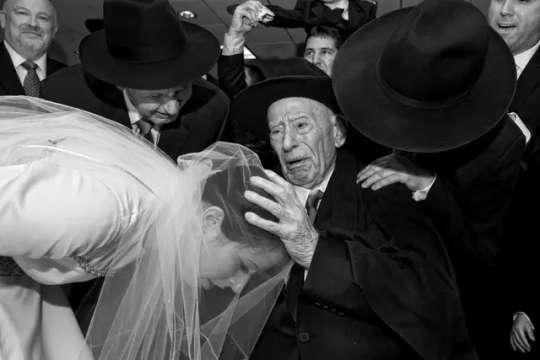#Schindler's List
Text
*I tried to select the films that come up the most and the highest on lists of the best films ever, both those by critics and those based on audience votes. I understand there are several others that you see a lot as well, but there are only limited options and I think I managed to select the ones you see the very most.
#the wizard of oz#citizen kane#casablanca#singin' in the rain#vertigo#12 angry men#lawrence of arabia#2001: a space odyssey#the godfather#schindler's list#the shawshank redemption#pulp fiction#my polls#my post
3K notes
·
View notes
Photo

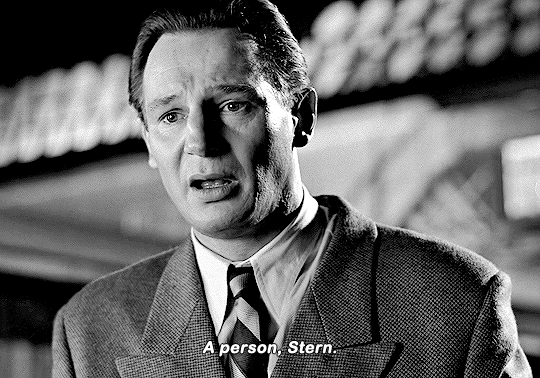
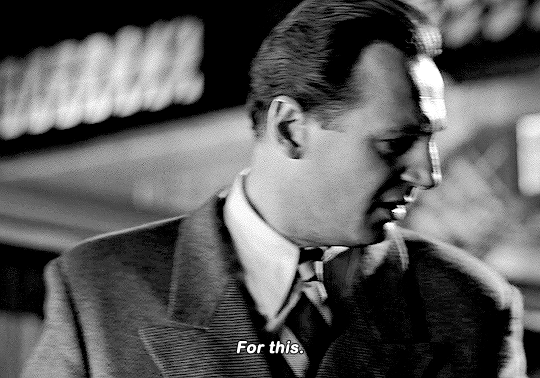
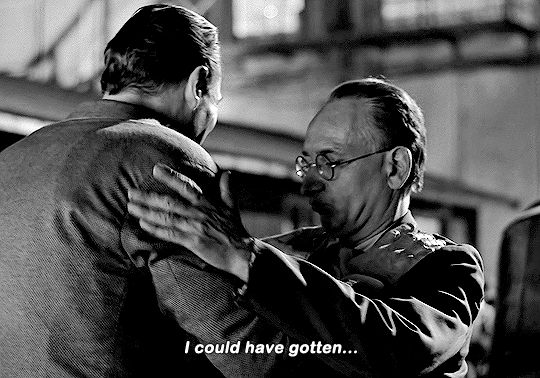

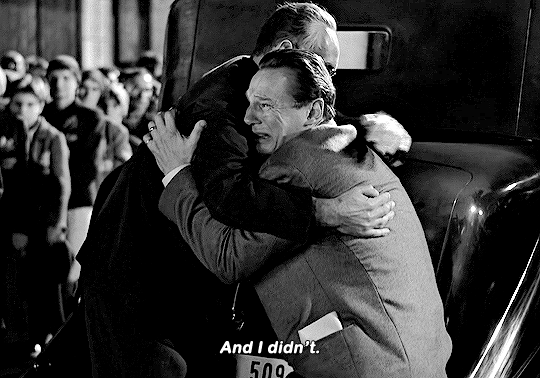


Schindler's List (1993), dir. Steven Spielberg
#filmedit#filmgifs#userclayy#userchelsea#tusergabriela#userlenny#userrobin#tuserdana#userpayton#underbetelgeuse#userleo#schindler's list#gifs
1K notes
·
View notes
Text
Although everyone is talking about Armin and Eren's dialogue (which was amazing), for me the heartbreaking moment was that of the civilian refugees being cornered between the cliff and the advancing titans and the man lifting the baby to pass it back, in a desperate gesture to save him.
A father assuming, in the midst of terror, that he was going to die, but wanting to save his son, because it was better for his son to be an orphan and have a chance to live than to die in that terror.
And that moment is heartbreaking because it is full of realism. Because we still see it today on live broadcasts in the news: adults doing everything they can to protect and save their children in the midst of terror, hoping that it will end and they can live. Because there is nothing more horrible than the death of a person who could not experience life.
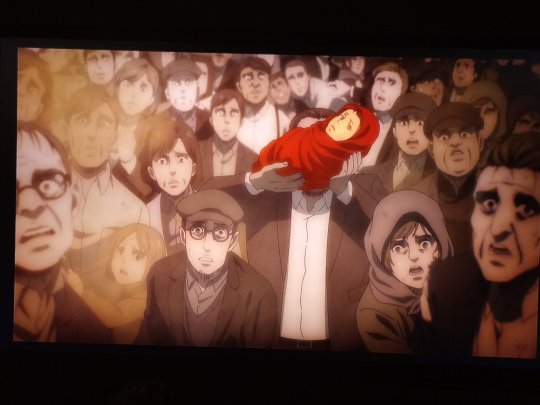
#attack on titan#shingeki no kyojin#snk#aot#schindler's list#media analysis#eren yeager#armin arlert#mikasa ackerman#levi ackerman#levi aot
255 notes
·
View notes
Text

#movies#polls#schindler's list#schindlers list#90s movies#steven spielberg#liam neeson#ben kingsley#ralph fiennes#have you seen this movie poll
108 notes
·
View notes
Text
reblog/or write in the tags some of the movies you watched in school/or your favorite (i'll be adding them to a letterboxd list) here: x
#some of the more obscure ones I kept off the poll#movies#the great gatsby#gandhi#dead poets society#schindler's list#hotel rwanda#lord of the flies#romeo and juliet#the secret life of bees#to kill a mockingbird#all the president’s men#troy
138 notes
·
View notes
Text
literally no words can describe how much i love historical war films.
dunkirk, all quiet on the western front, 1917, hacksaw ridge, band of brothers, saving private ryan, schindler's list, and oppenheimer are all done very well.
history is one of my special interests :)
#꒰ 💬 ꒱ ⎯ rambles#dunkirk#all quiet on the western front#1917 film#1917 movie#hacksaw ridge#band of brothers#saving private ryan#oppenheimer#schindler's list
348 notes
·
View notes
Text
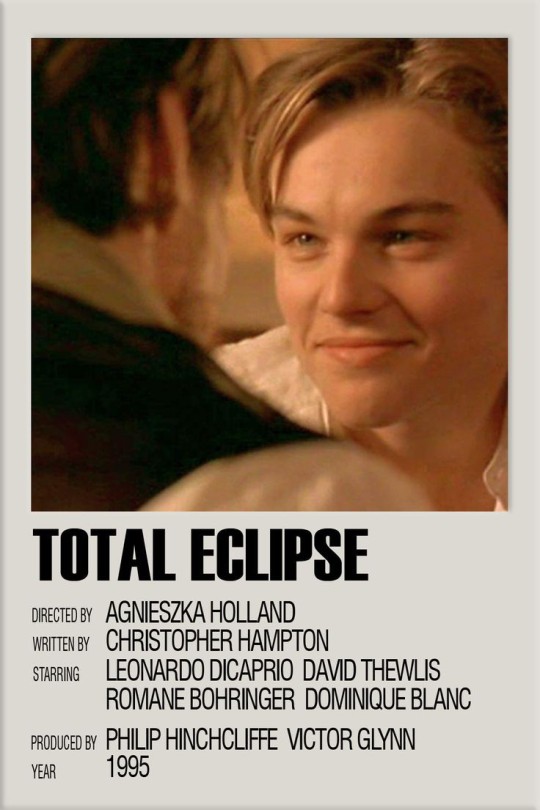
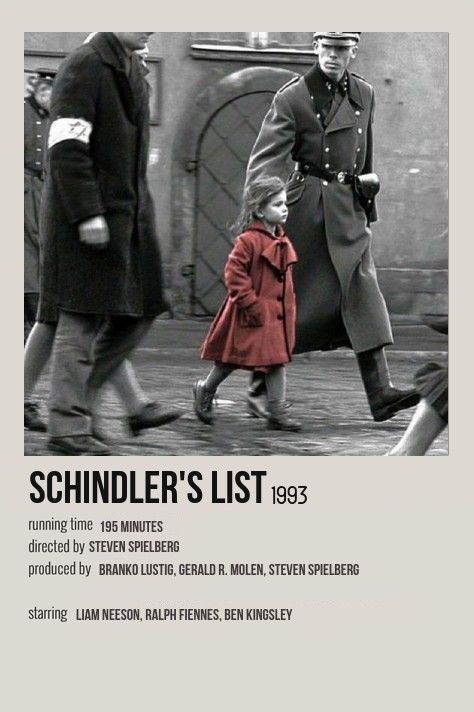


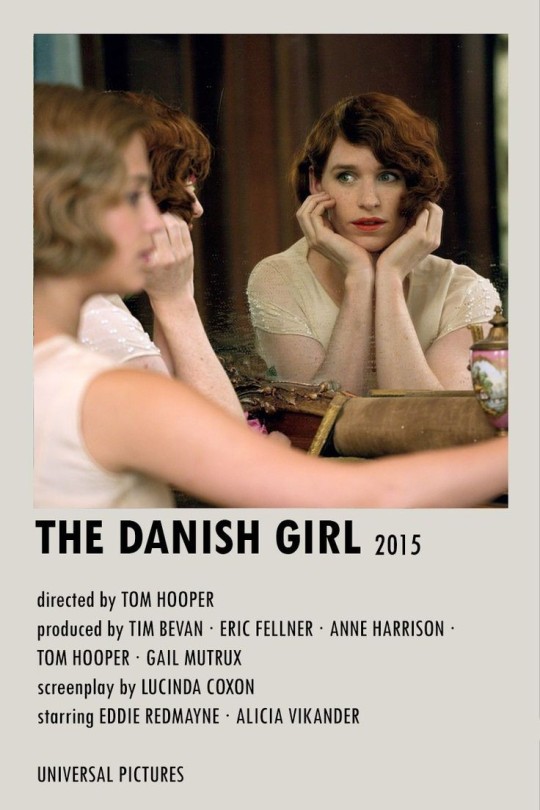
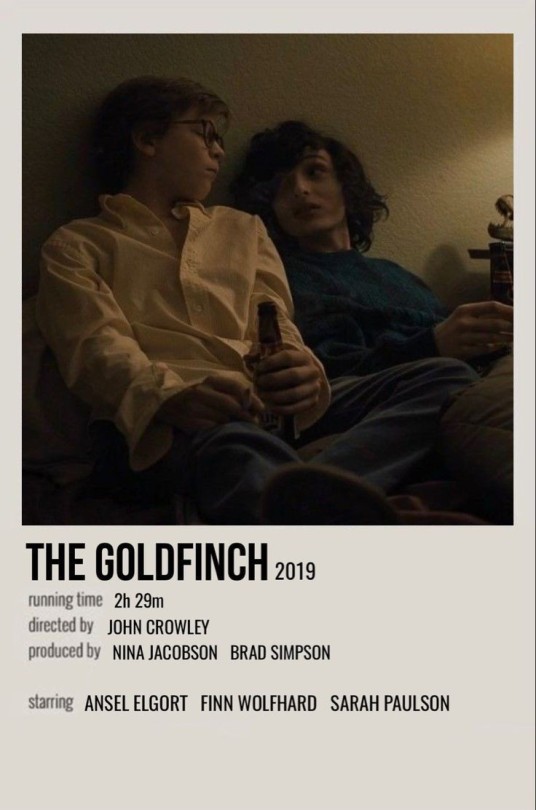

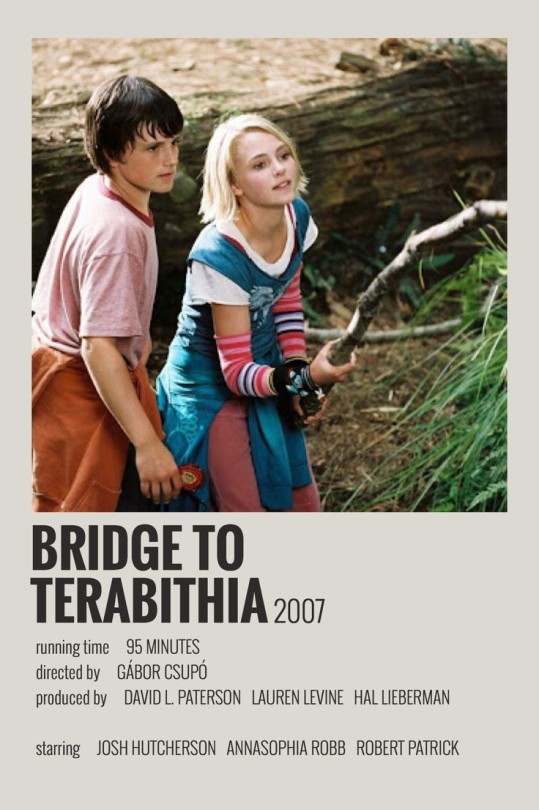
Movies you just need to watch before you die
(pictures isn't mine)
#movies#films#movie posters#total eclipse#the danish girl#pride and prejudice#the goldfinch#bridge to terabithia#the boy in the striped pajamas#the pianist#schindler's list
201 notes
·
View notes
Text
#american film institute#afi#movie polls#epic film#epic movie#titanic 1997#lawrence of arabia#ben hur#spartacus#gone with the wind#reds#the ten commandments#saving private ryan#all quiet on the western front#schindler's list#old movies#old films#vintage movies#old hollywood#classic film#classic cinema#ben hur 1959#titanic
65 notes
·
View notes
Text



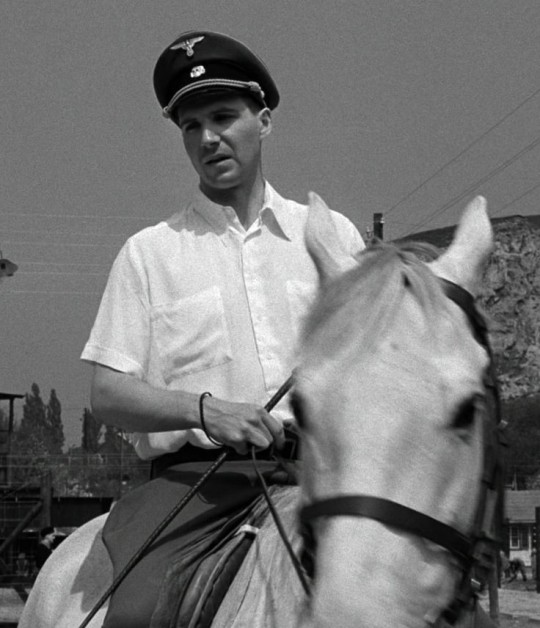

DAMN RALPH FIENNES AS AMON GÖTH IS SO FINE
59 notes
·
View notes
Video
the creation of animaniacs
539 notes
·
View notes
Text
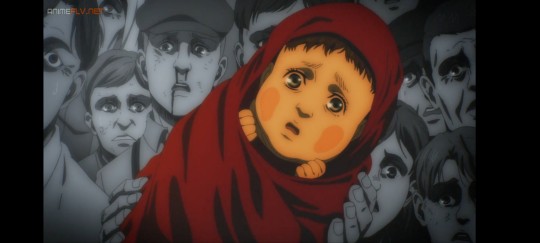
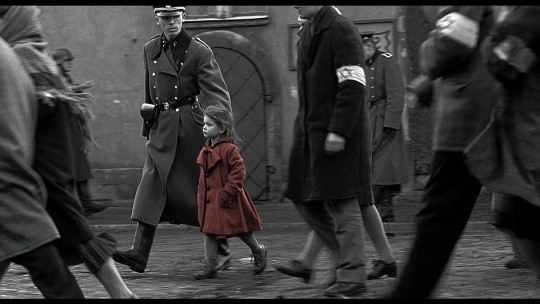
I'm not ok.
102 notes
·
View notes
Photo


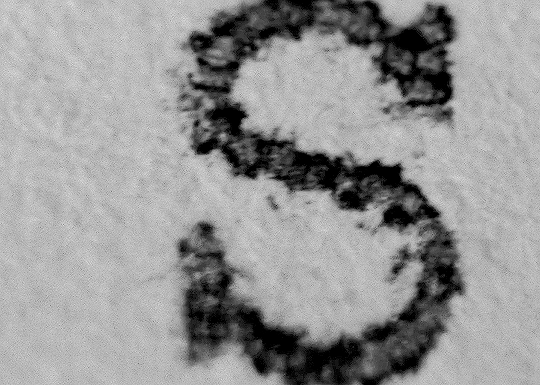
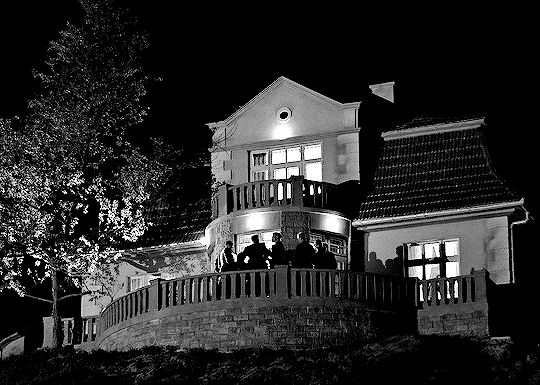
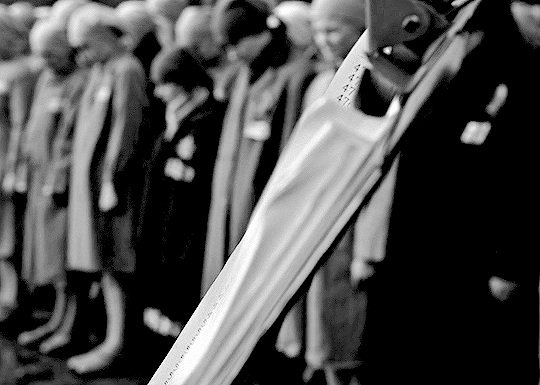
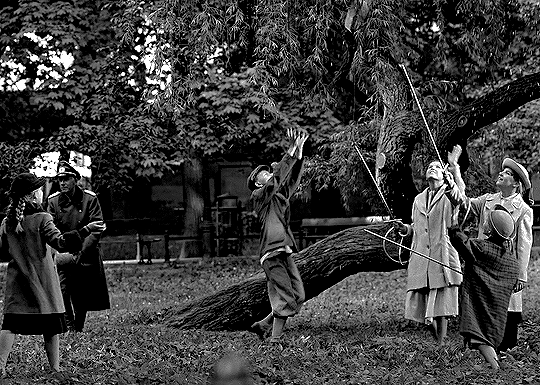


“I could have gotten one more person... and I didn't!”
Schindler's List (1993), dir. Steven Spielberg
#filmedit#filmgifs#userclayy#tusergabriela#userchelsea#tuserdana#userpayton#underbetelgeuse#userlenny#userrobin#userleo#schindler's list#gifs#tw blood
310 notes
·
View notes
Text
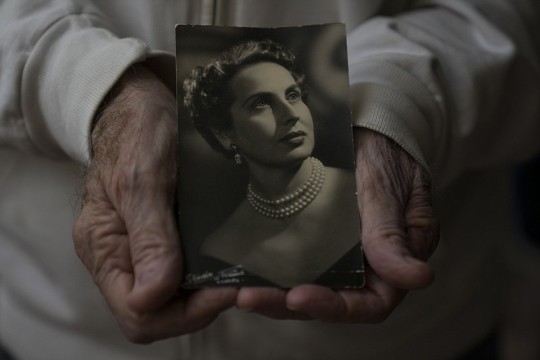
It was a "small" act.
But, at the time, she didn’t realize she was making a life-changing, and life-saving decision, not only for her but for hundreds of Polish Jews during the Second World War, helping save them from Nazi execution.
Only when she died last year, on April 8, 2022, at the age of 107 did the rest of the world learn of her courage.
She was born Carmen Koppel in Vienna, daughter of Frieda and Emil Koppel. Her father, an opera-loving grain merchant, chose her name after Bizet’s Carmen,” according to The Guardian, “She studied languages at the University of Vienna, taking shorthand to help with her note-taking.”
She said “My mother had insisted that I learn something useful, so I learnt to type.”
“In 1936 she married Josef Weitmann, who owned a curtain-making business in Kraków, and the couple settled there and had a son, Sascha.
“After the German occupation of Poland in 1939, the administration wanted to re-establish Kraków as Krakau, a German city. As Jews, [she] and her husband were forced to live in the Kraków ghetto, established by the Nazis in 1940. Its inhabitants were allowed to leave and return only with special permits. Josef was killed while trying to escape; Sascha was smuggled to relatives in Hungary.”
According to the New York Times, “in late 1944, as a slave laborer in the administrative offices of the Plaszow concentration camp in Poland, [she] typed an important version of the manifest of prisoners bound for [a] munitions factory in the area of the Czech Republic then known as the Sudetenland.”
“It was in those offices” that she also added her name and the names of two friends to the list, indicating her profession as “schreibkraft,” according to writer Alex Mindlin.
By typing that list, she almost certainly saved her own life, the lives of her friends, and many others, according to Mindlin.
That “list” “saved them from the gas chambers of Auschwitz, where most of the other Jews from Plaszow were deported,” according to The Teller Report.
Years later after the war, she would meet again the man who had made that list possible, the man who employed her.
She had a different last name by this time, but he still remembered her by her nickname. [She never liked the name “Carmen”, so close friends referred to her after a character in “La Bohème”.]
'It must have been around 1953,” she said. “I had gone to Vienna and I was walking along a street with an uncle. We were passing a coffee house where there was a group of people sitting. This large man ran across and hugged and started kissing me, saying: ‘Mimi, Mimi…’
“It was then that I realised that it was Schindler sitting with some of the Jews he had rescued.”
“The documents that [Mimi Reinhardt] worked on were made famous by Thomas Keneally’s 1982 novel . . . and by the 1993 Steven Spielberg movie ["Schindler's List"], both of which detailed the extraordinary lengths to which [Oskar] Schindler went to save the lives of some 1,200 of his Jewish workers,” according to the Times.
Other sources cite the number of lives saved even higher. According to AFP (Agence France-Presse) and The Times of Israel, “The lists which Reinhardt compiled for [Schindler] helped save the lives of some 1,300 Jews at considerable risk to his own life.”
“Austrian-born Reinhardt (sometimes spelled “Reinhard), herself a Jew, was recruited by Schindler himself and worked for him until 1945.”
This is a new story for the Jon S. Randal Peace Page. The Peace Page focuses on past and present stories seldom told of lives forgotten, ignored, or dismissed. The stories are gathered from writers, journalists, and historians to share awareness and foster understanding, to bring people together. And, as such, the stories are never relegated to one single month - they are available all year in the Peace Page archives and on this page each week throughout the year. We encourage you to learn more about the individuals and events mentioned here and to support the writers, educators, and historians whose words we present. Thank you for being here and helping us share awareness.
~~~~~
Reinhardt, then known as Carmen Koppel, “survived the final liquidation of the Kraków ghetto in March 1943, when 2,000 Jews were slaughtered, because the Nazis deemed her language and secretarial skills useful,” according to The Guardian.
At the time, the Red Army was approaching Poland and workers in Plaszow were being sent west to death camps,” according to The New York Times.
Reinhardt was a “prisoner at a concentration camp near Krakow, Poland during WWII in 1944,” according to the World Jewish Congress, when Schindler recruited her for a job in the camp's administrative office.
“Schindler and his Jewish accountant Itzhak Stern, who had helped to motivate Schindler, prepared the 'list' of essential workers - all of them Jews - for relocation to his new factory,' according to writer Peter Beaumont.
As Schindler’s secretary, Reinhardt “drew up the lists of Jewish workers in the Polish city of Krakow to work in the factory of her German industrialist boss”, according to writer Caroline Frost.
“This was a highly risky enterprise but is estimated to have saved . . . [the] workers from deportation and almost certain death in Nazi concentration camps.”
Reinhardt also “added the names of friends and her own married names until Schindler's quota negotiated with the SS was fulfilled: "Weitmann, Carmen, January 15, 1915, typist" is number 279 on the list.
“The rescue almost went awry” according to The Teller Report.
“On the way to Brünnlitz in 1944, the train carrying Schindler’s workers was diverted to Auschwitz,” according to The Guardian. “Death seemed inevitable. But Schindler used his military intelligence contacts to stop the diversion, claiming that these workers were vital for his armaments factory.”
“They had to stay in Auschwitz for two weeks,” according to The Teller Report.
“Mimi Reinhardt later compared the time to Dante's ‘Inferno’.”
“At the war’s end, [Schindler’s] workers were liberated, and Mimi was reunited with Sascha.”
Reinhardt “settled for a time in Morocco and then New York, where she lived for 50 years,” according to The Guardian. “She kept in touch with other ‘Schindler Jews’ whose lives had been saved by escaping the Plaszów camp under Schindler’s protection, but did not speak publicly about her earlier life until she moved to Israel in 2007.”
In Israel, she joined “her only son, Sacha Weitman, who was then a professor of sociology at Tel Aviv University,” according to The Times of Israel.
Schindler died in 1974, when he “was named by Israel’s Yad Vashem Holocaust museum as a member of the ‘Righteous Among the Nations’, an honour for non-Jews who tried to save Jews from Nazi extermination,’ according to Frost. “He is buried on the Mount of Olives just outside Jerusalem.”
The story of Reinhardt’s “small act” came to light when she was being interviewed by the Jewish Agency for Israel. (Note, “Reinhardt wasn’t directly portrayed in the Schindler’s List film,” according to News18.)
Reinhardt “expressed regret that Mr. Schindler, whom she adored, did not become a household name until after his death in 1974,” wrote Mindlin.
“He would have loved it, the attention,” she said.
She added in another interview, "I saw a man who was constantly risking his life for what he was doing. He was human. He must have had a heart of gold."
Reinhardt spent her last years at a nursing home north of Tel Aviv.
She is “mourned by her son and his family, as well as the thousands of people whose parents and grandparents she helped escape certain death,” according to the Jerusalem Post.
She has three granddaughters, nine great-grandchildren and two great-great-grandchildren.
In the image attached, Sasha Weitman, son of Mimi Reinhardt, holds an old photograph of his mother in Herzliya, Israel, (AP Photo/Ariel Schalit).
Of her contribution to history and assisting Schindler in saving hundreds of her fellow Jews, Reinhardt said, “I was just typing the list.”
~ jsr
The Jon S. Randal Peace Page
265 notes
·
View notes
Text
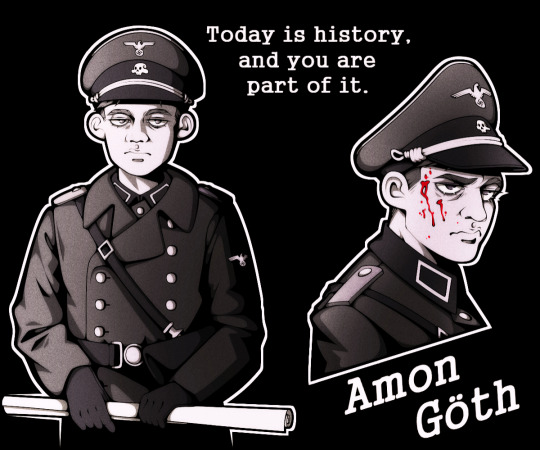
Today is history. Today will be remembered. Years from now the young will ask with wonder about this day. Today is history and you are part of it. Six hundred years ago when elsewhere they were footing the blame for the Black Death, Casimir the Great - so called - told the Jews they could come to Krakow. They came. They trundled their belongings into the city. They settled. They took hold. They prospered in business, science, education, the arts. With nothing they came and with nothing they flourished. For six centuries there has been a Jewish Krakow. By this evening those six centuries will be a rumor. They never happened. Today is history.
~ Amon Göth
⚠️ I don't support Nazis.
#schindler's list#amon göth#amon goeth#ralph fiennes#ww2#ww2 art#history#history art#fanart#digital art#my art#art#summertrynnacope
73 notes
·
View notes
Text
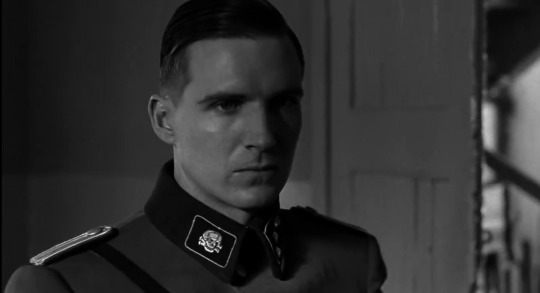
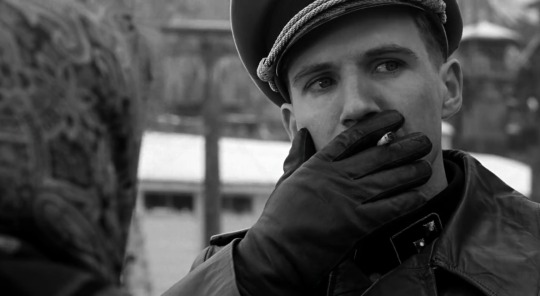
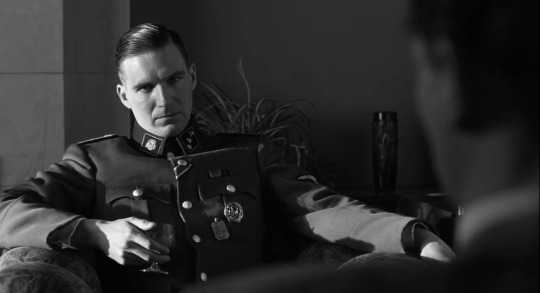
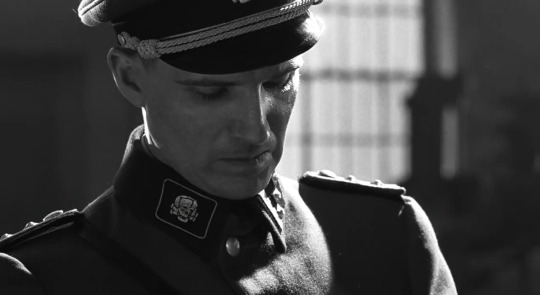
Amon Leopold Göth
151 notes
·
View notes

